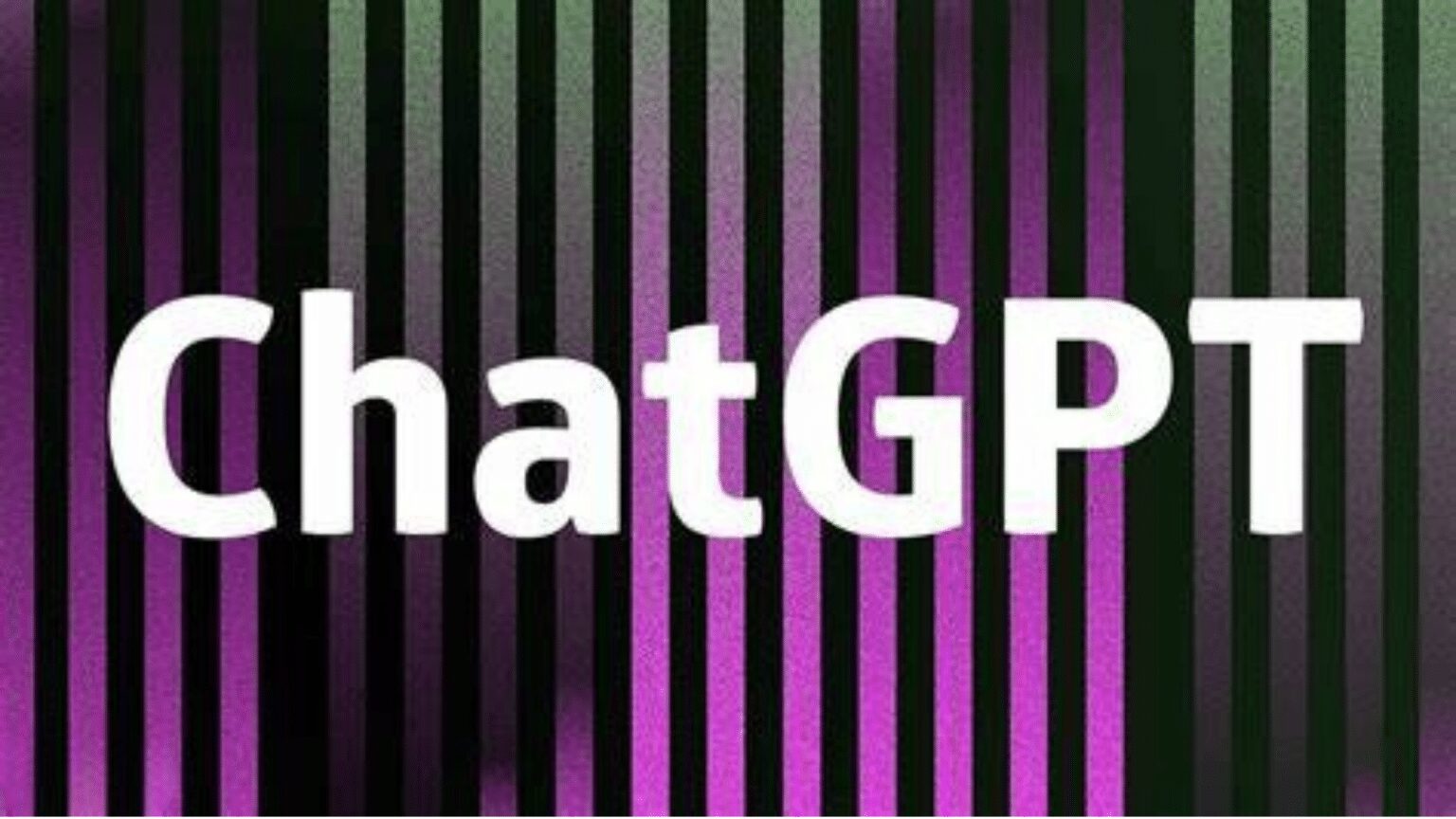The endorsement of “risk-based” regulation of artificial intelligence was confirmed by the Group of Seven (G7) governments on Sunday. The G7 countries’ digital ministries took this action while some European governments debated passing an AI act to impose rules on generative AI like ChatGPT.
Concerns for ChatGPT
The change is noteworthy since industrialized countries have frequently emphasized the necessity for regulation as ChatGPT-like AI platforms gain popularity. Due to privacy concerns, Italy, a G7 member, decided to prohibit ChatGPT. Although the ban was lifted on Friday, many nations in Europe’s privacy-conscious region are still debating it.

G7 Emphasis
G7 members did, however, add that the legislation should be founded on democratic principles and “preserve an open and enabling environment” for the development of AI technology.
Even while the ministers noted that “policy instruments to achieve the shared vision and goal of reliable artificial intelligence may vary across G7 members,” the agreement offers a type of roadmap for AI governance in the face of privacy concerns from many perspectives.
European Union
Before the agreement, Margrethe Vestager, executive vice president of the European Commission, told the news agency Reuters, “The conclusions of this G7 meeting show that we are definitely not alone in this.”
Governments are particularly interested in the widespread application of ChatGPT and other generative AI techniques. The fastest-growing programme in history, this chatbot was developed by OpenAI, a firm backed by Microsoft Corp., and has experienced record-breaking growth since its November launch.
On a revised version of the upcoming AI Act, legislators in the European Union (EU) reached a preliminary understanding on Thursday. The copyright protections for generative AI are included in this new draft. The action was taken in response to a request for a meeting of world leaders to discuss the problem of regulating this technology.

The need to establish an international agreement to improve the free flow of trusted data across national borders was also affirmed by the digital and technology ministers from Japan, the United States, and Europe during their two-day meeting in eastern Japan as data exchanges become a crucial component of global trade.
The meeting was held after ChatGPT, developed by US company OpenAI, captured global interest since the unveiling of its prototype in November, underscoring the need for international rules to control the technology.
In less than three months, ChatGPT amassed 100 million users worldwide. ChatGPT was trained on vast volumes of data, allowing it to replicate and interpret human-like user discussions.
After their meetings in Takasaki, Gunma Prefecture, the G7 ministers issued a joint statement that read in part, “Given that generative AI technologies are increasingly prominent across countries and sectors, we recognise the need to take stock in the near term of the opportunities and challenges of these technologies and to continue promoting safety and trust.”

Additionally, they supported a plan of action aimed at “creating open and enabling environments for responsible AI innovation,” which called for increased stakeholder involvement in the creation of global standards for AI governance frameworks and encouraged discussion on issues like risk assessment.
Japan’s Say
The G7 ministers emphasized the need to “accelerate and operationalise” the proposal from Japan for so-called Data Free Flow with Trust, adding that data is “a sort of driver of growth in the economy, development, and social prosperity.”
The concept seeks to maximize global economic growth without jeopardizing people’s and enterprises’ security and privacy.
The Japanese government hopes to put out a road map for future initiatives under the new institutional framework, such as developing a base register that companies may use as a resource for other nations’ data protection laws.












